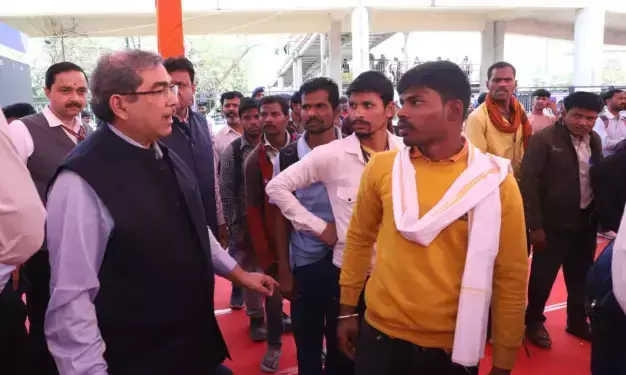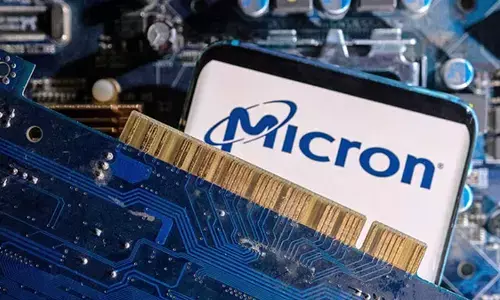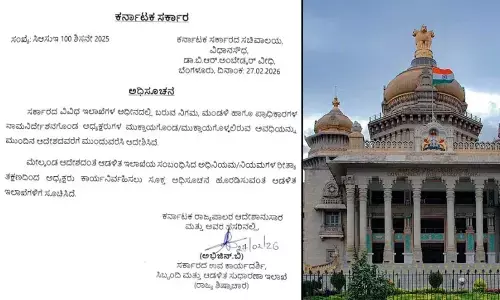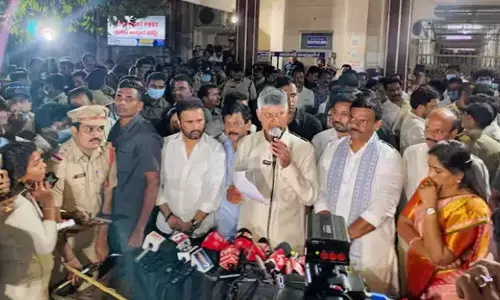Make organ donations mandatory
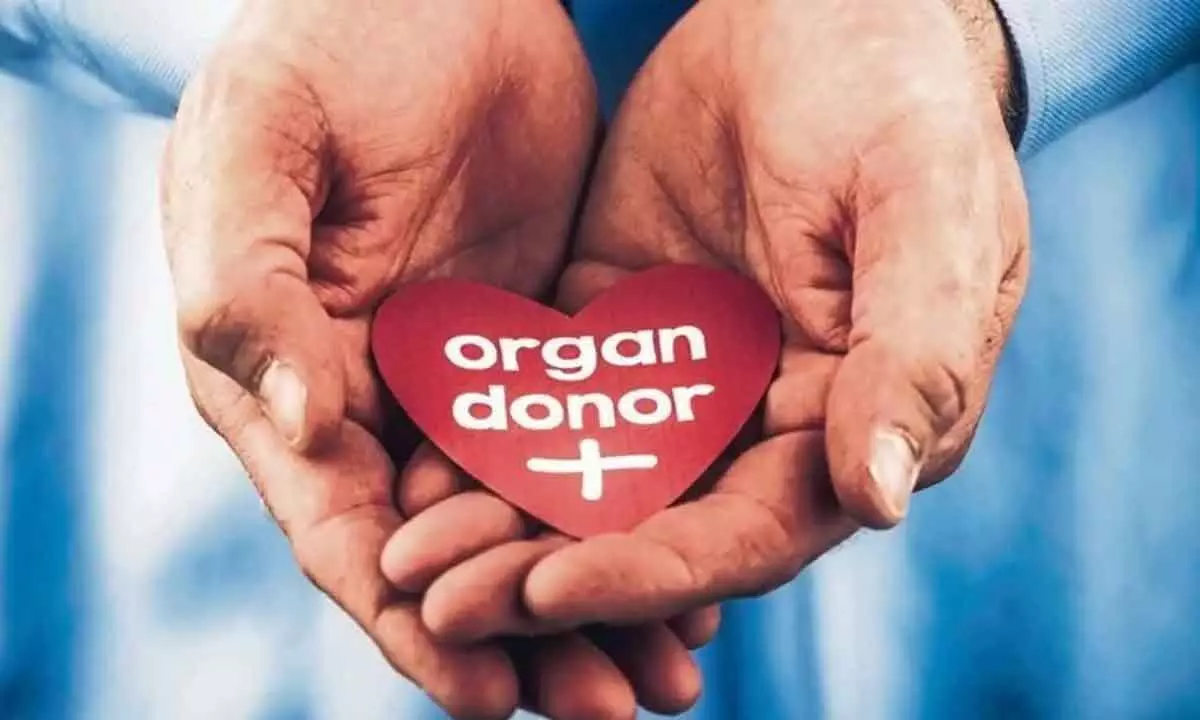
Prime Minister Narendra Modi’s call for organ donation and greater education in this regard is, perhaps, the most important call given by him in recent times. The very fact that he thought of making such an appeal to the people is pertinent even if it has come up at a health care challenges meeting of the G20.
In India, the success of a cadaveric transplant programme is limited by the number of available organs. Major reasons for this organ shortage include ignorance and misconceptions about brain death and the organ retrieval process; mistrust in the medical system; fear of mutilation of the body, delay in the funeral ceremonies, and mistreatment in the hospital if the patient has pledged organs following death; non-existence of an organ procurement agency; and an ineffective organ retrieval and sharing network. Non-existence of efficient organ coordination is an important factor in the organ shortage.
Now, as organ transplant programmes are being conceived and implemented in full earnest, transplant coordinators must be included as an indispensable component. Their role will be to educate the public, act as a liaison between the hospital and the society, and coordinate the process of organ procurement by taking consent of grieving relatives of brain dead persons. That is a nutshell explanation for those interested in knowing about organ donation.
If we put it in statistics, we require 2,00,000 corneal donations annually but only 50,000 corneas are donated in India every year. Study shows that three out of four people awaiting corneal donation remain visually impaired. In addition, 5,00,000 people need an organ transplant every year. By the end of year, many of them die due to lack of organs available for transplantation. The study says that 586 airbuses could be filled by people awaiting organ transplantation on an emergency basis. Another breakup tells us that 2 lakh kidneys, 50,000 hearts, 50,000 livers are required. Of all the deaths in India, a mere 0,009 percent donate their organs in the country.
The organ donation protocol and standard operating procedures are defined in Maharashtra, Tamil Nadu, Punjab, Kerala, Karnataka, Delhi and other states. But it is all blurred in Bengal with politicians, bureaucrats, hospital authorities and doctors reluctant to take the lead. It is really quirky that even medical professionals do not seem to encourage it in Bengal. So far, YSRCP is the only party that supported the call. Its MP V Vijaisai Reddy referred to the Prime Minister’s call and urged people and governments to take up the issue in all seriousness. The government has taken a decision to remove the age bar of less than 65 years for donating organs. It has scrapped the clause in the National Organ and Tissue Transplant Organisation (NOTTO) guidelines as it violates the right to life.
The condition of state domicile for receiving organs has also been scrapped to allow people to register themselves anywhere in the country. Earlier, an organ recipient could register for a transplant only in their domicile state. India should make donations mandatory - it is not a political decision. It is a decision for mankind. There is some realisation already in the country. In 2013, there were less than 5,000 cases of organ donations. In 2022 it stands at over 15,000. Donations for transplants can work if the deceased person consents while alive. If their wishes are not known, it is left to relatives, who in most cases opt against organ donation. But organ donation is a service to the nation, because when a person donates one’s body, it makes it possible for eight to nine people to have a new life.
Let us all remember that there is no greater service to society than giving a new lease of life to someone after we depart.


